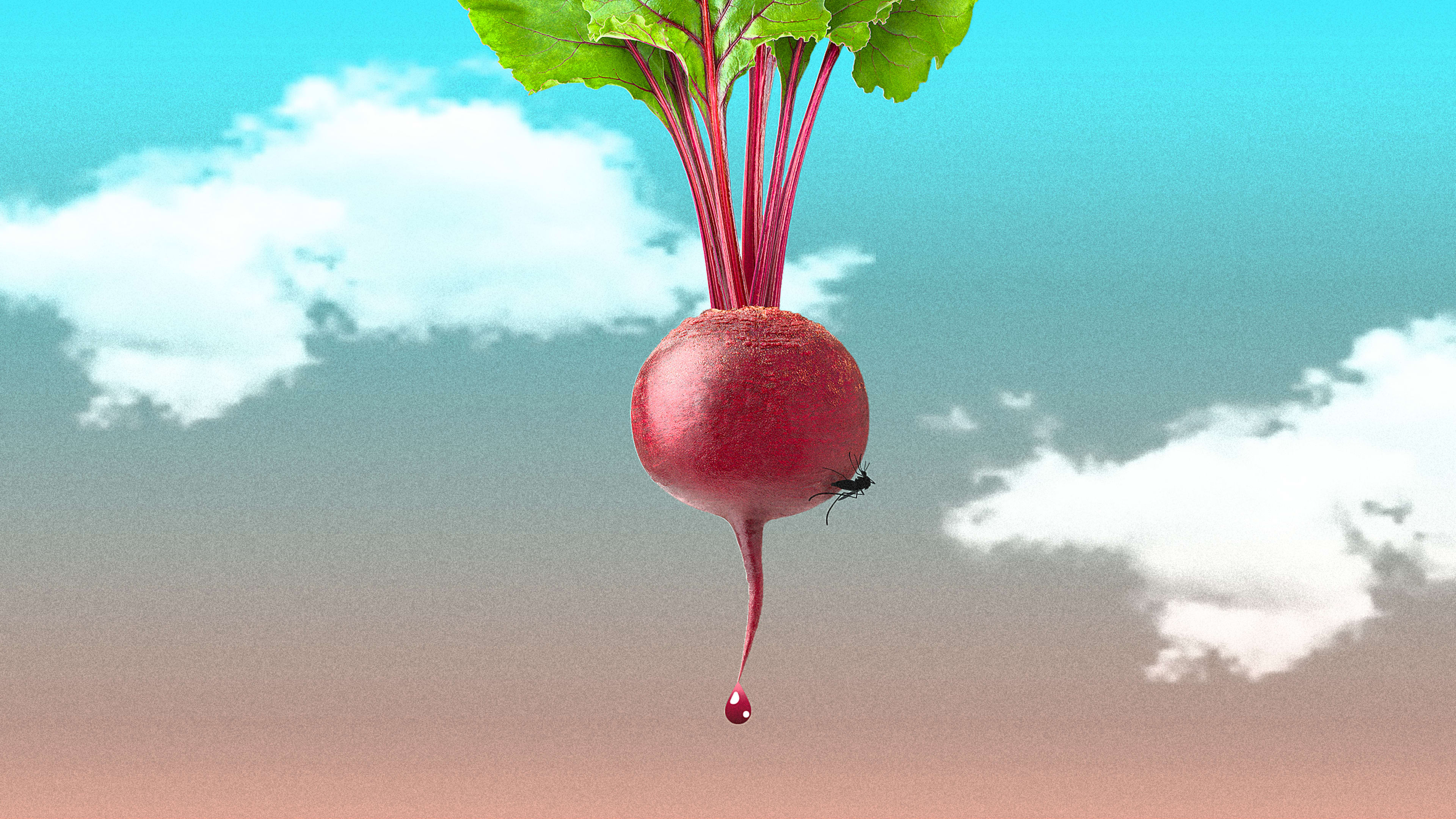The world’s deadliest animal, by far, is the mosquito. Malaria, Zika, dengue, West Nile, yellow fever, and chikungunya together kill hundreds of thousands of people each year. And even though health organizations are making some progress—malaria deaths have dropped dramatically in Africa because of bed nets and spraying, and a new vaccine will help—mosquitoes are still hard to control.
In Sweden, a startup called Molecular Attraction is taking a new approach to fighting the insect. In a new study, the scientists behind the work explain that it’s possible to trick mosquitoes into consuming a new drink that mimics human blood—but contains plant-based toxins that kill them.
Cofounder Noushin Emami, a molecular biosciences professor at Stockholm University, first discovered that blood, which contains the malaria parasite, is more attractive to mosquitoes than regular blood. Then she discovered that a molecule called HMBPP is responsible: It releases a smell that attracts mosquitoes, and then it also stimulates to mosquitoes to drink more blood.
“It turns out that HMBPP can force mosquitoes to drink almost anything, as long as the pH is right,” says Lech Ignatowicz, cofounder and CEO of Molecular Attraction. In the new study, the team tested feeding mosquitoes a mix of beet juice supplemented with HMBPP and natural toxins. (Other types of plant juice could also be used.) All of the mosquitos died shortly after feeding.
“The big advantage is that HMBPP doesn’t attract other insects or other species,” Ignatowicz says. “So you can use it as a passive way of convincing mosquitoes to eat toxins.”
Because the mix attracts mosquitoes, a tiny amount can do the same work as the chemicals that are used when governments spray pesticides over large areas. Pesticides cause other environment damage, and mosquitoes are evolving resistance to them, so they don’t work as well. Other approaches involve trying to remove standing water, which also isn’t environmentally beneficial.
The company’s field trials were delayed by the pandemic, but after a little more testing and refining of the formulation, it will soon be ready for use. The aim “is not only to commercialize this, but also to make it accessible and affordable,” says Ignatowicz. “So by definition, it needs to be at scale. And it needs to be affordable for people from the most vulnerable countries.”
It’s not designed to eliminate mosquitoes completely. “We want to eliminate diseases they carry,” he says. “And also limit the amount of mosquitoes in proximity to people. So we can create, let’s say, a mosquito-free zone around your house, but we shouldn’t eliminate them completely from your state.”
Recognize your brand’s excellence by applying to this year’s Brands That Matter Awards before the early-rate deadline, May 3.
